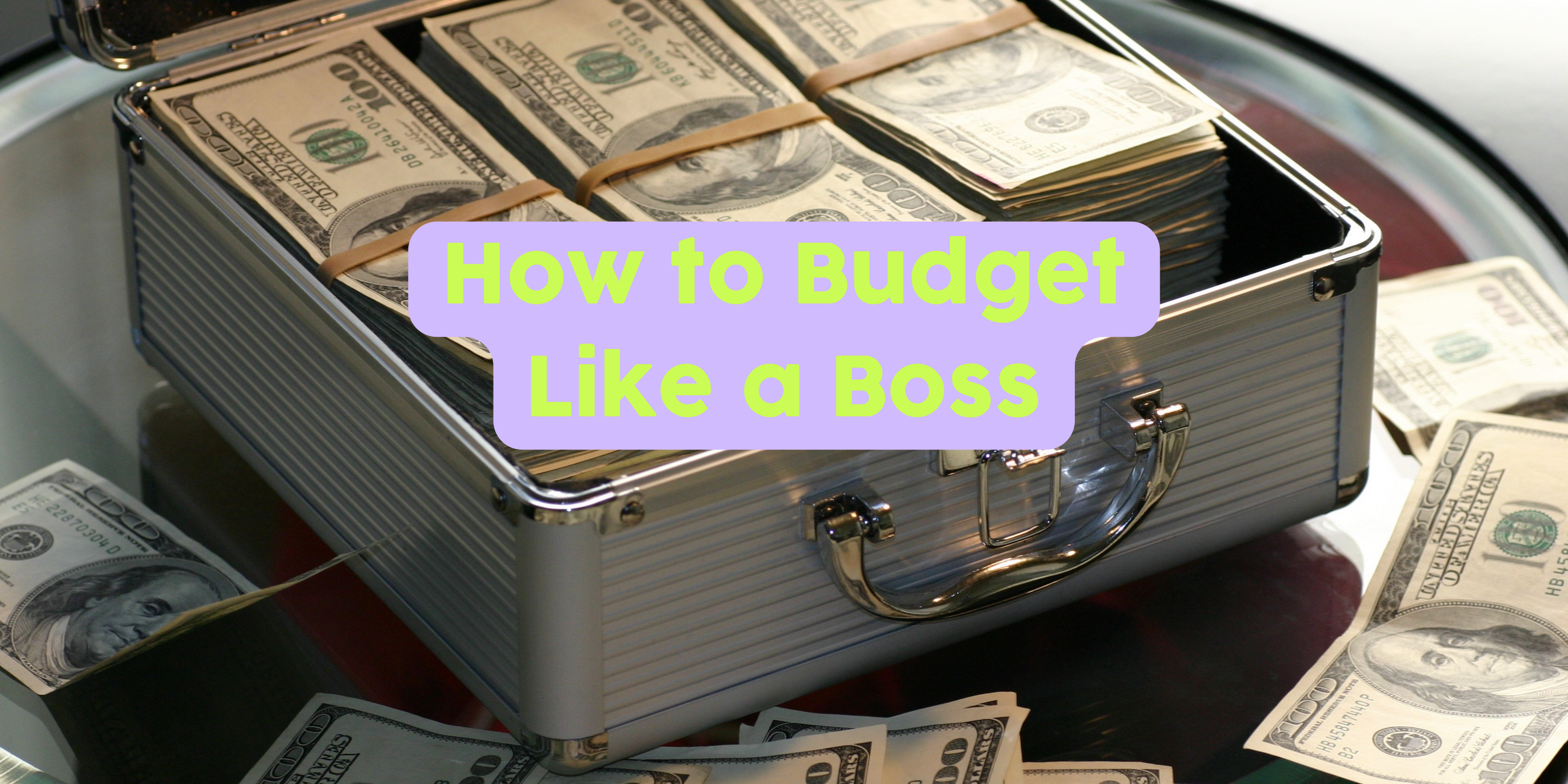How to: Budget like a Boss
Jul 05, 2021

Whether you want to save up for a car or a holiday, budgeting allows you to pay for your wants and needs and is an important step in becoming more financially independent. Budgeting is the process of planning out your expected income and expenses over some future period of time. You should always look to budget your finances as it ensures that you will always have enough money for the things you need and the things that are important to you. Following a budget will potentially keep you out of owing money or getting into serious debt.
How to budget
There are many ways you can start and track a budget, however, to keep it simple we have made this 4 step process:
Track your expenses and income for a fortnight
For this, you can use Word, Excel, Notes or most banks have an App that will have some sort of expense tracker. It is just to give yourself a general idea of how much you are spending and what on. Often large portions of your expenses are spent on impulse and unnecessary purchases - don’t worry, we all do it - recognising these purchases so they can be reduced is crucial.
Create the categories of your expenses that fit your lifestyle
By analysing your expense tracker, you break down your expenditure into categories such as food, petrol etc.
Set some short-term and long-term financial goals, determining how much money each week you should set aside for savings. Many people will come up with excuses as to why they didn’t, or couldn’t put money aside each month into a savings account. Whilst it may help satisfy some short-term financial goals (such as buying a new jacket or car), it does not help your long-term savings goals. As such, having a portion of your income that is automatically deposited into a savings account or manually moving it to a savings account is really important and your future self will thank you.
Plan your weekly expenses around the money that is left
Now that you have allocated money for your lifestyle expenses and long-term saving, your budget is complete. If over the course of a few weeks you've spent more money in certain areas and less in others, feel free to adjust accordingly. Budgets are not a 'set and forget' and you find that will always need adjusting if you're savings plan changes e.g. buying a car or new furniture for your room. It's always good to revisit and adjust as your lifestyle does.
Get on top of your bills
Try to pay your bills on time. Paying your bills in full and on time every single month will help you avoid late fees. Try setting up a reminder on your phone of when you need to pay a certain bill, and also add a reminder to a few days before the due date.



